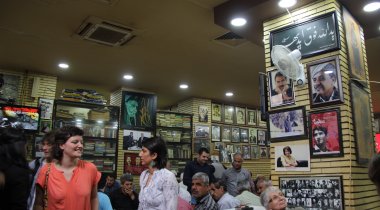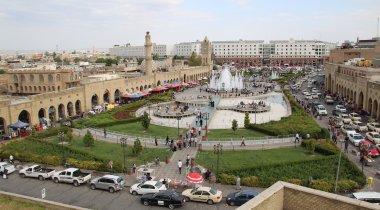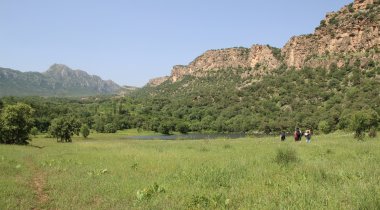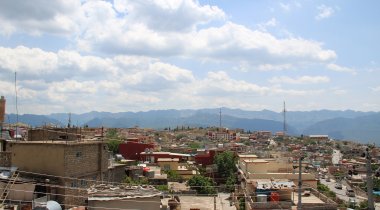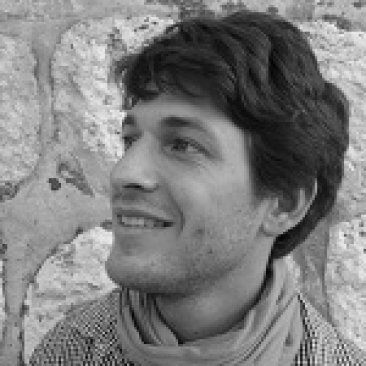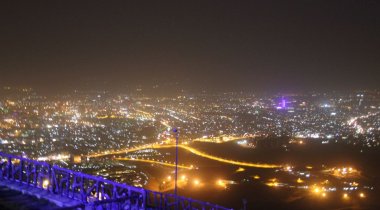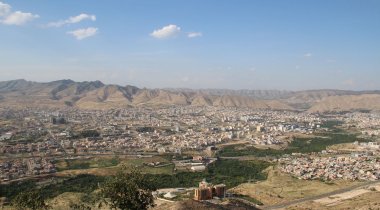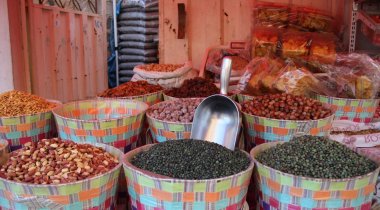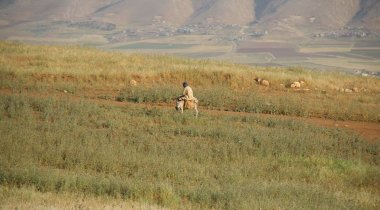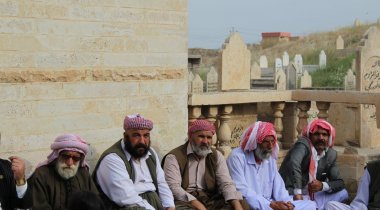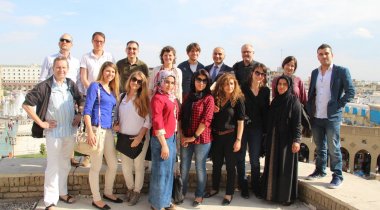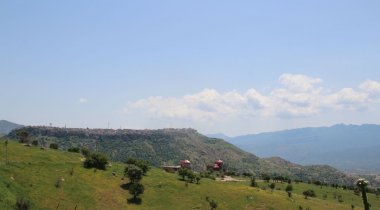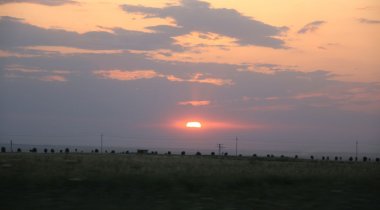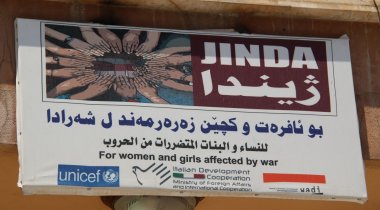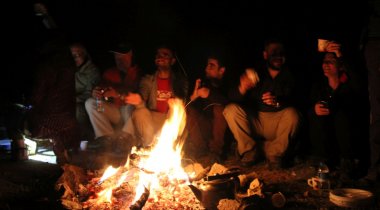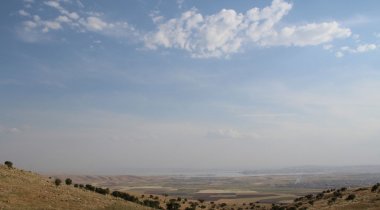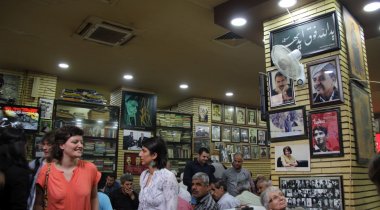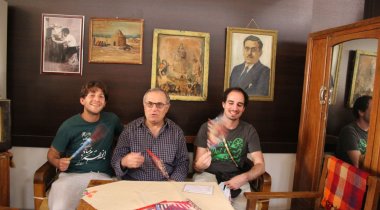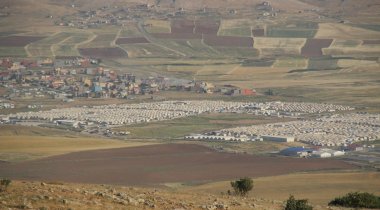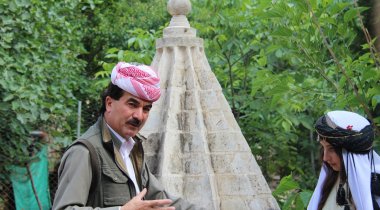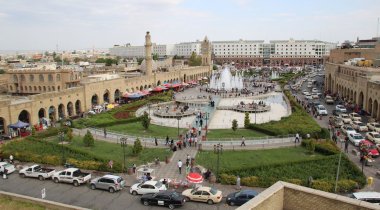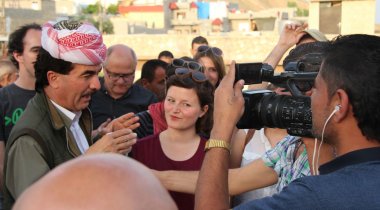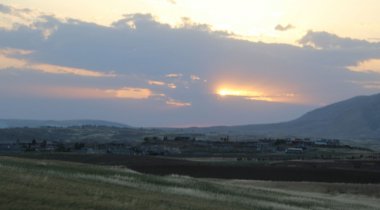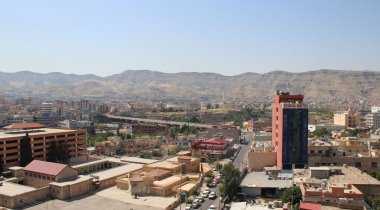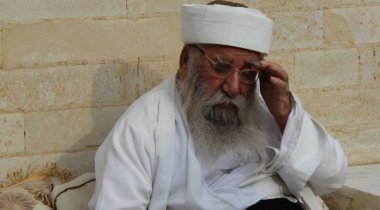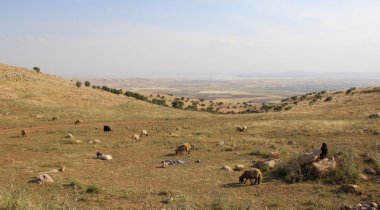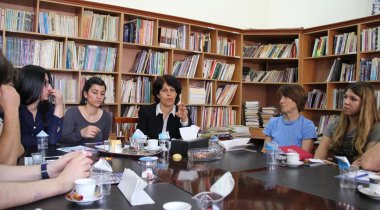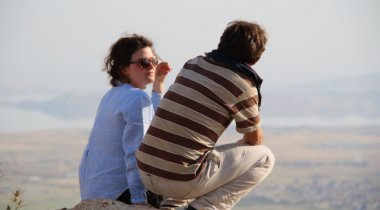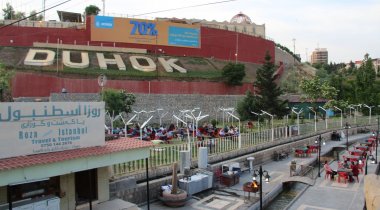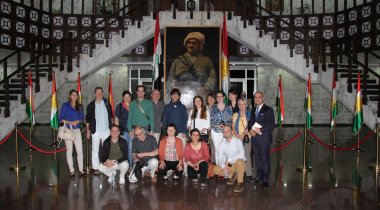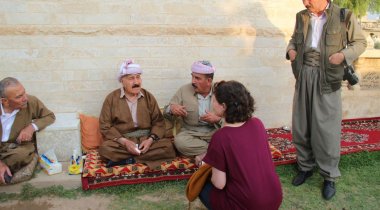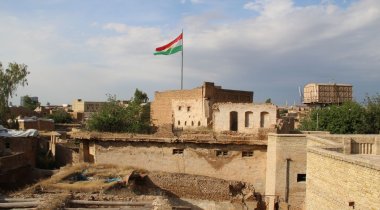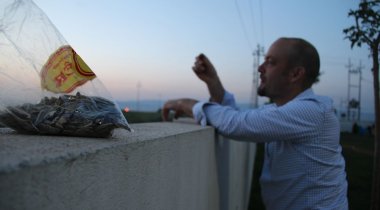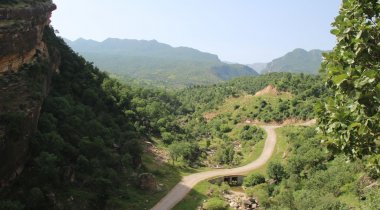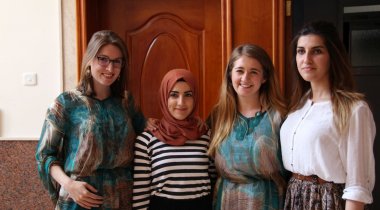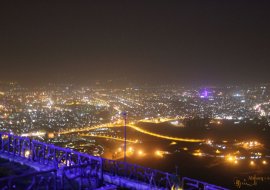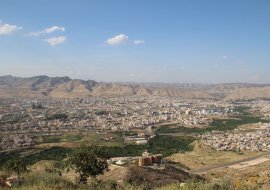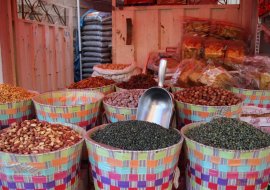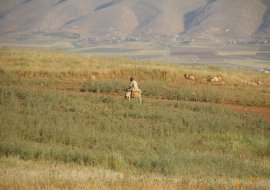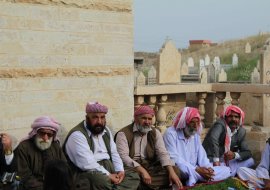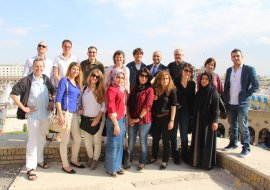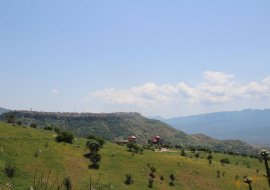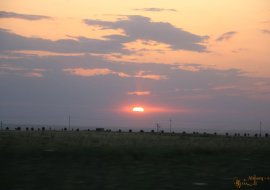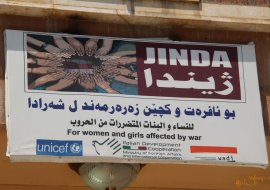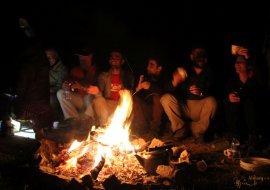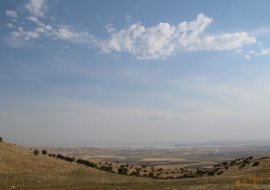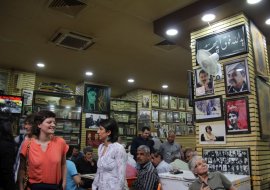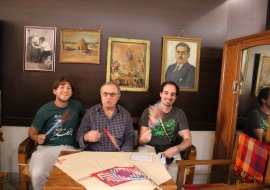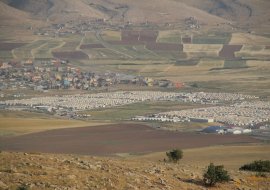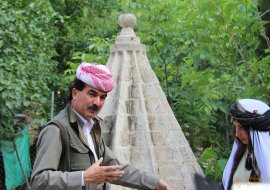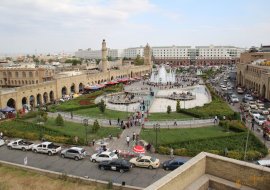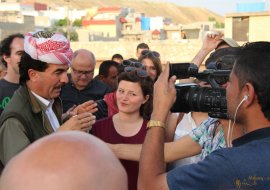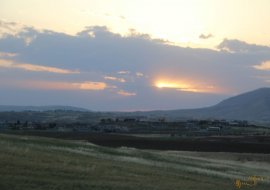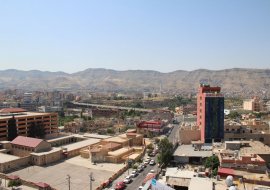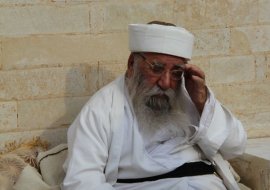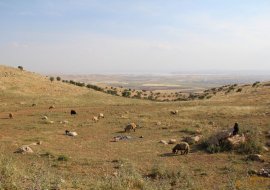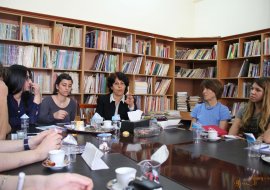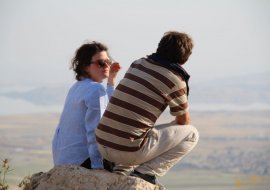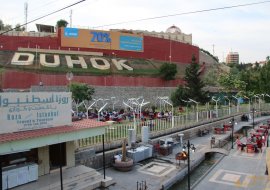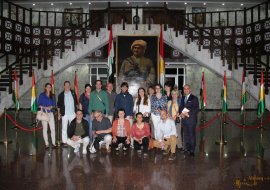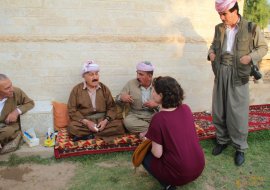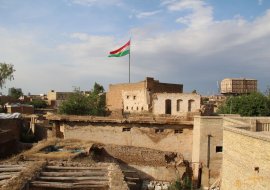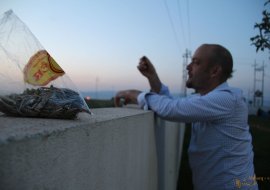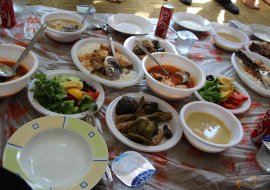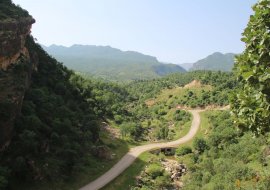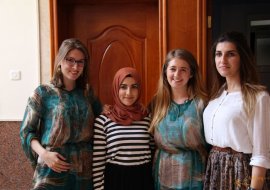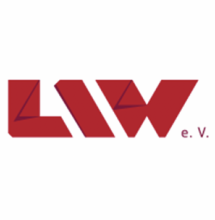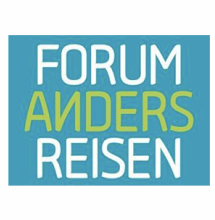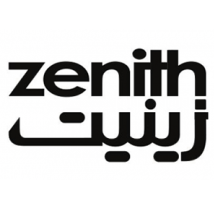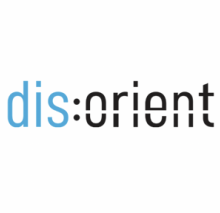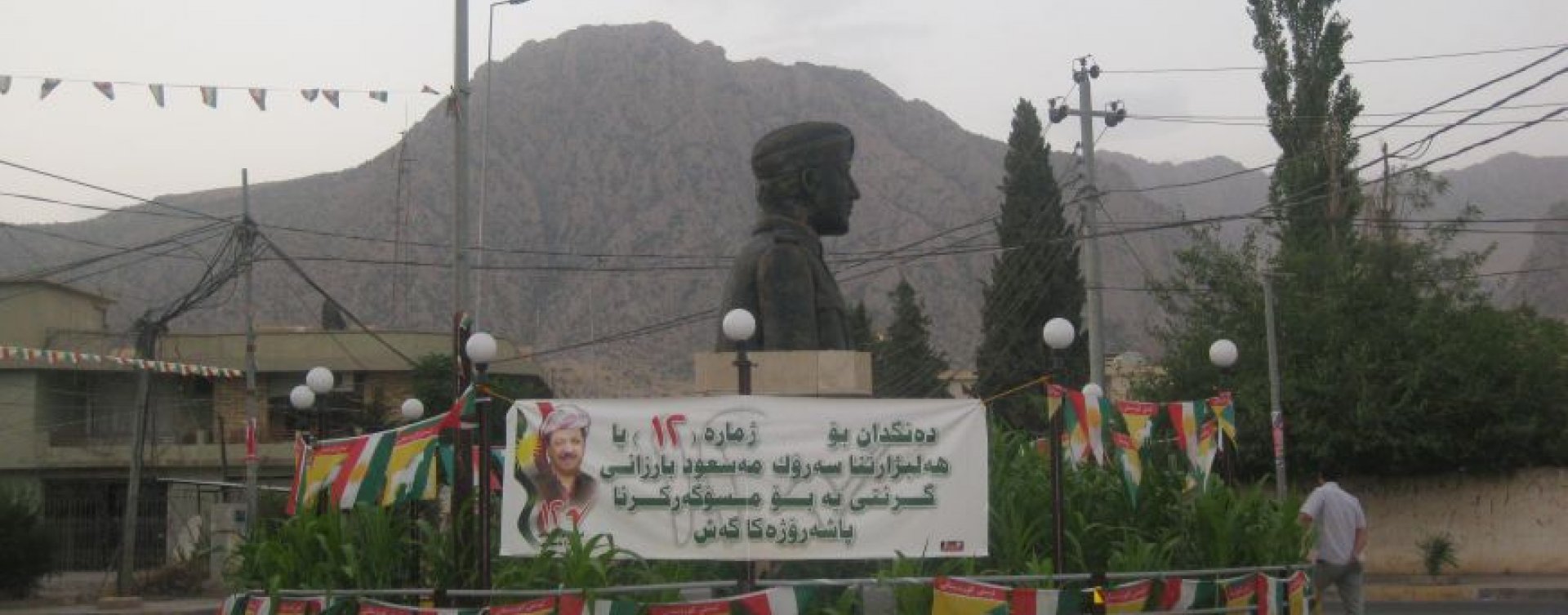
Tour Date:
After decades of war and violence, Iraqi Kurdistan is today experiencing profound economic and social changes. The mushrooming of gated communities, grand shopping malls and luxurious restaurants points towards the astounding new wealth acquired by some parts of the society. While some regard Iraqi-Kurdistan as predestined to become the new Dubai, most of its population has other priorities. The region is experiencing a deep economic crisis and many people are without a job. Other concerns range from protecting the environment to starting a process to reconcile the violent past with the present and creating a more just society.
Our focus
An essential part of this trip is engaging with civil society activists in Iraqi Kurdistan. What do women’s rights activists, both the old and new Peshmerga, journalists, and ordinary citizens think about the politics and society in today’s Iraqi Kurdistan?
We will learn about the everyday realities, hopes and wishes of people living in historic villages, like Amadiye and Lalesh, or in major cities such as Sulaymaniya, Dohuk, and Erbil.
Led by our seasoned partners from Go-Wild-Kurdistan, we’ll hike on mountain paths once used by the Peshmerga and explore nature in its historical context.
Normalpreis
Ermäßigt
Der Reiseverlauf:
- Visit of the former prison of Saddam Hussein's Baath party which now hosts an art exhibition
- Tour through the Bazar of Sulaimaniyya with a focus on the structure of teh market and its historical-architectural changes
- Meeting with representatives of women centres, Discussion on the situation of (marginalised) women in Iraqi-Kurdistan
- Visit of the Democratic Lawyers' Organisation - Topic: Democracy in Kurdistan?
- Guided tour through the Archeological Museum of Sulaimaniyya, which displays many cultural and antique treasures
- Visit of the editorial office of Awene and/or Hawlati, two independent newspapers - Topic: Press Freedom and role of the Media in Iraqi-Kurdistan
- Meeting with Art Collective SulyOn - Topic: Past, present and future cultural production in Iraqi-Kurdistan
- Visit of the memorial site and martyr's cemetary
- Talk with affected persons
- Picnic and walk in the mountainous Hawraman region
- Visit of the 4000 year old citadell which hosts several museums
- Free time in the Langa Bazar next to the cidadell
- Historical tour in the Christian quarter Ain Kawa, Visit of the local churches
- Dinner in Ain Kawa and optional visit of a bar
- Visit of the Parliament, meeting with deputies - Topic: the Political System in Kurdistan, influence of the Parliament
- Meeting with representatives of ruling and opposition parties
- Freetime in the afternoon, optional tour to the mountains close to Erbil
- Meeting with Students of Peace and Conflict Studies, University of Dohuk
- Visit of the Jinda Center for female victims of sexual violence
- Climing the local mountain of Dohuk from which one can see the Mossul-Dam
- Dinner in the Assyrian Cultural Center
- Daytrip to the Yezidi sanctuary Lalesh, duided tour by a local
- Visit of the old monastery al-Qosh
- Dinner at the Dohuk Dam
- Daytrip to Amediye, a 3000-year old city located on a mountain plateau
- Visit of the water mill which produces the country's best sesame paste
- Lunch at the Sulav Waterfall
- Start of the hike with Go-Wild Kurdistan in the Gara Mountains
- Hike
- Overnight stay in a mountain village
- Final part of the hike
- Arrival in Dohuk around noon, Lunch and evaluation of the tour
- Departure for the airport
